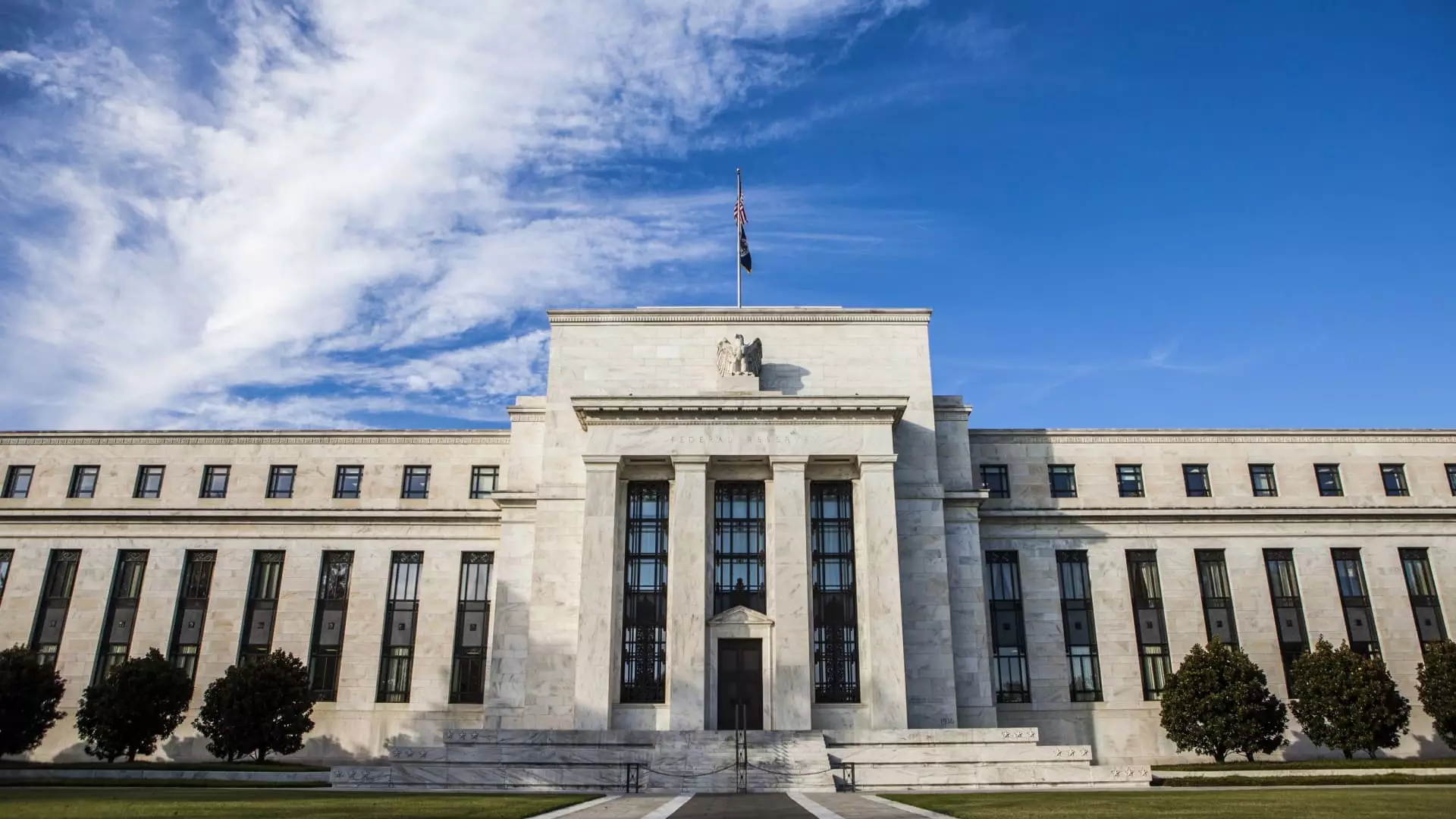In a significant escalation of tensions between major financial institutions and regulatory authorities, prominent banks are preparing to launch a lawsuit against the Federal Reserve regarding its annual stress testing framework. This legal action, anticipated within the week, may materialize as soon as Tuesday morning, according to a reliable source. The annual bank stress tests serve as a critical mechanism for the Fed, compelling financial entities to retain sufficient capital reserves against potential credit losses while also influencing their share buyback and dividend strategies.
Following a statement issued by the Federal Reserve after Monday’s market closure, the central bank revealed intentions to initiate alterations to the existing bank stress tests. The Fed stated it is soliciting public feedback on what it describes as “significant changes” geared towards advancing the transparency of these evaluations and mitigating the fluctuations in capital buffer requirements. The central bank justified this shift by referencing an “evolving legal landscape,” alluding to recent modifications in administrative laws that impact regulatory practices. However, the Fed has not delineated any precise amendments to the annual stress testing structure, leaving room for speculation regarding potential outcomes.
While the banks may perceive the Fed’s proposed changes as a minor victory, the sentiment surrounding the effectiveness of these modifications seems tepid at best. Many remaining concerns linger, particularly regarding the sufficiency of capital reserve requirements, which several banks view as burdensome. Federal Reserve officials indicated that these proposed alterations are not aimed at making substantial adjustments to overarching capital requisites. This assertion has drawn skepticism from industry leaders who feel that any improvements might fall short of addressing their substantial regulatory burdens.
Greg Baer, the CEO of the Bank Policy Institute (BPI), representing major financial players such as JPMorgan, Citigroup, and Goldman Sachs, responded positively to the Fed’s announcement. He welcomed the move as a preliminary step towards enhanced transparency and accountability in the regulatory process. However, he also suggested the possibility of taking further actions, hinting at the banks’ dissatisfaction with the current stress testing protocols.
The backdrop of this legal maneuvering involves vocal criticisms from several banking groups, including the BPI and the American Bankers Association. These organizations contend that the stress testing process is characterized by a lack of clarity and has resulted in escalated capital demands, which they argue detrimentally affect lending practices and overall economic growth. As these banks gear up for legal challenges, the implications for regulatory practices and financial stability could be profound. Whether this impending lawsuit will influence the Federal Reserve to further reassess its policies remains to be seen, but the situation undoubtedly highlights the precarious balance between ensuring financial resilience and fostering a thriving economic environment.

